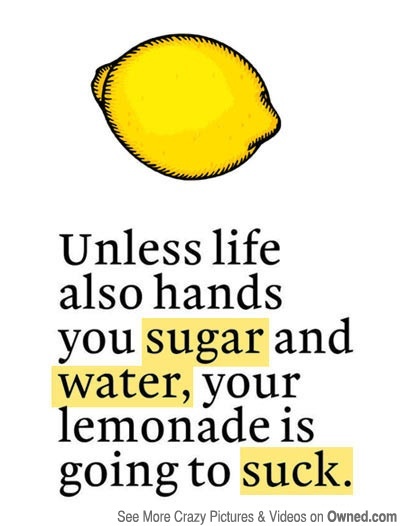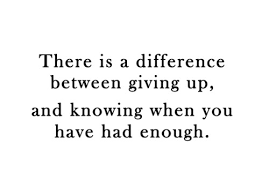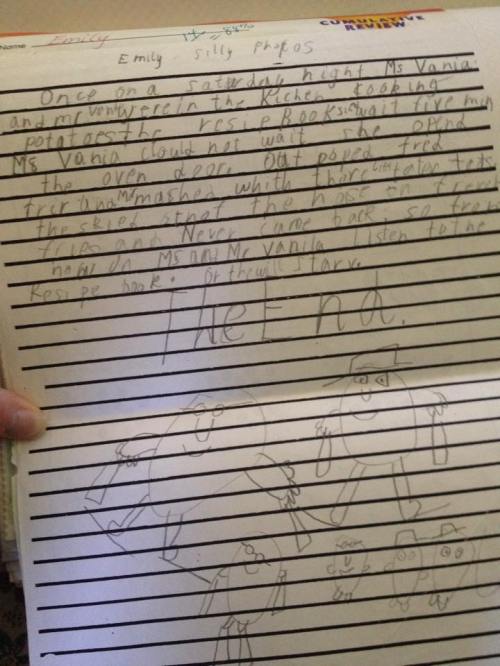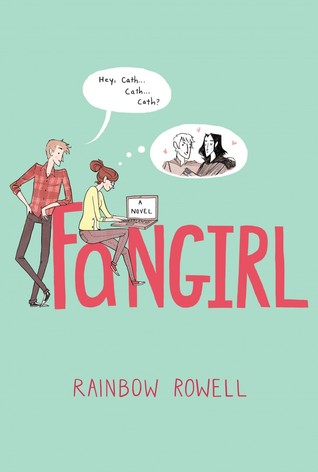My mom and I watched a movie the other day that just confirmed for me why character development is so important.
The movie was Black or White. And I’m not here to sit down and pick apart the plot or messages about race or gender or any of the other potential problems. So if you’re here for that go home. But I would like to spend a small amount of time talking about the problems of character development and portrayal that this movie had. Now, screenwriting is very different than novel writing, I won’t claim otherwise, but I still thought it was a good example for my purposes.

Open on Elliot Anderson, a rich white grandfather who is trying to raise his mixed race granddaughter while dealing with the death of his wife and obvious alcoholism. Then of course there is Rowena Jeffers, Eloise’s black grandmother, a woman who embraces her cultural heritage and is trying to deal with the problems of her son’s decisions in continuing to be involved in drugs and crime, and his choice to not be a part of Eloise’s life. Thus ensues a custody battle between the grandparents.
Wow confusing enough? Definitely not an easy plot to keep straight, but the point I want to start talking about is that I could not enjoy this movie. And the main reason for that, the fact that I thought most of the characters were flat and that the development through the story was minimal.
Elliot Anderson had so many flaws that I simply couldn’t see past them to find anything I actually admired. He was completely dependent on his drinking, he was pathetic at dealing with Eloise in terms of getting her to do everyday things, he did not support Eloise having counseling, he was rich and used money to buy off others, and even used the n word and later tried to defend his choice. Now, if you’re going to try to draw me into this story at all, shouldn’t Elliot have some qualities I admire? Sure he’s lost his wife and daughter both, but because I didn’t really like him as a person those two facts didn’t allow me to have any sympathy for him.
Rowena was less flawed, but I found I knew very little about her as a character. The only real roles or characteristics the story seemed to give her was a role as mother-hen. And besides that I had no clue what she was like as a person, or really how she functioned one on one with her granddaughter or anything else. The movie spent so little time on her and so much more time on Elliot’s flaws that I couldn’t find anything really unique about her.
And then there was Eloise. Who again seemed more like her grandmother in just not being very well developed, not being given much of a chance to display who she was as a person or how she was changing in the story. She just seemed like any other little girl, going to school, dealing with some family issues. No sense of who she was personally or what she liked or what she wanted in her life.

Now, it’s one thing to make a character flawed. It’s another to make him or her so flawed that the audience simply cannot connect (or at least I couldn’t). I understood wanting to make the situation tough. The title of the movie is Black or White, which might remark on the problem of race in this custody case, but it also kind of plays on the whole idea of thinking things can be either black or white, when in many cases they’re more gray.
So yes, playing flaws up can be good, especially on both sides of the picture. Custody cases are messy. There aren’t always right answers. But if you make both sides either so underdeveloped or so flawed that I don’t see a good point in either, then you’ve lost the whole emotional depth that could have been achieved. Especially with Eloise. If she had been given characteristics that make her interesting and sympathetic, I would have been a lot more emotionally involved.
This last semester my literature class read several books by Denise Giardina. She’s a wonderful author who I very much enjoy. And one of the things I thought she did the best at was creating characters one couldn’t help but be interested in in spite of all of their problems. Probably one of the best examples of this was in Saints and Villains.

Saints and Villains has a similar principle in trying to show the complexity of issues we might want to see as black and white. But unlike the movie I just watched, this novel did manage to achieve a level of uncertainty about what the right decisions were that made me feel emotionally invested.
The main character of the novel is Dietrich Bonhoeffer, a German pastor who helped with Nazi resistance schemes, including a plot to assassinate Hitler. But other parts of the novel also cover a “doppelganger” Alois Bauer, a fictional Nazi officer. So, anyone reading that description probably just assumes Bonhoeffer is the protagonist and Bauer is the antagonist. But it’s not that simple.
Giardina creates flaws and positive aspects in both characters. In many ways I felt more sympathy for Bauer in sections than I ever did for Bonhoeffer. Similar to Elliot in Black or White, Bonhoeffer is wealthy and has had a relatively easy life all things considered, while Bauer has been abused and lived in great poverty until he worked his way up the ranks.
Our professor had us sit down one day and make a list of everything about Bauer that we liked. We were surprised by how long it became. Did that mean we wanted his cause to win? No, but we could still see the humanity even in someone from a part of history that we normally look down upon. We as readers could still be interested in him and his story even with the seemingly terrible choices he was making.
My point? It’s important to create characters who are complex, well-developed, interesting, sympathetic, flawed (but not too flawed), unique, etc, especially in stories that require less of a black and white, heroes and villains type approach. Don’t make them all good, don’t make them all bad (or at least not bad for the sake of being bad). Make them human, make them interesting. Try giving your characters their own quirky traits, things that make them stand out. Maybe use a worksheet and ask yourself questions about the character. It doesn’t all have to go in the story of course, but getting a feel for who they are outside of the story you’re telling is important, and it will allow you to weave in details more easily.

My favorite worksheet is the Gotham Questionnaire, but I know there are lots of great ones out there, so maybe search around and find one you like the best.
Characters are an essential part of story. They should be developed with careful consideration and given time to shine. With their help, more complex and interesting messages can be created, and readers can form a true emotional connection with the narrative.
How do you go about creating characters? How do you balance writing flaws and virtues? What characters have you seen as failures, and which characters have you enjoyed?


















